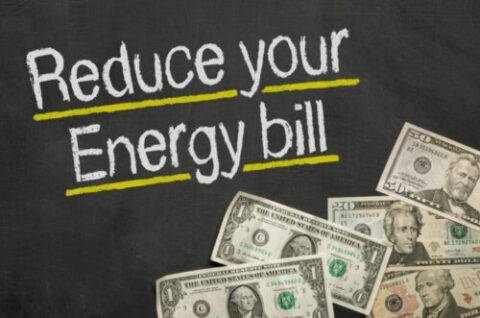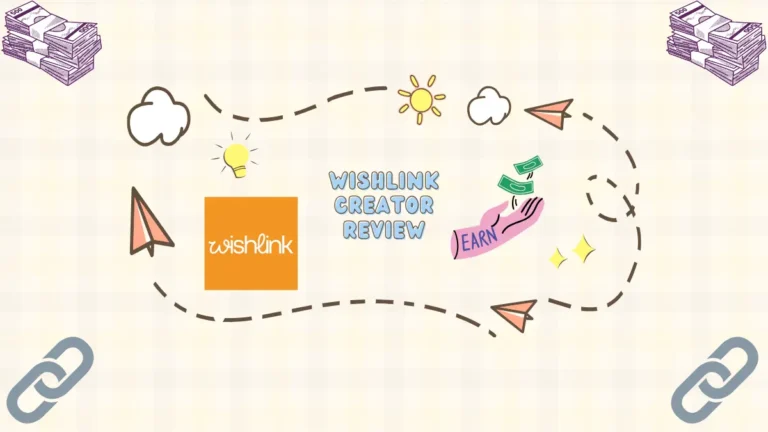Zap! That’s the sound of your money being incinerated by your electric bill. Average households spend $115 per month on energy — depending on your area, it could be much more.
Some people surrender their fates to the electric companies. But there are surprising ways to pinch pennies and save on your monthly utilities.
These are 5 tips to reduce energy use.
1. Filled to the Frozen Brim
It’s helpful to know what energy actually means. Energy is the ability to do work, like alter temperatures or move electrons.
Your refrigerator is always outputting a certain amount of energy. It cools the air in the compartments to a level of food safety. In the process, it uses more energy than all appliances in your kitchen altogether.
Make the most out of your fridge. Stuff it with as much as you can. Otherwise, it’s wasted energy.
2. A Cold Bath for Your Clothes
People love warm showers, but your clothes don’t mind the cold.
Most of the power used when washing your laundry is from heating the water. In some cases, it accounts for 90% of the energy consumption. And, there’s no added benefit to heating the water.
Use cold water when you’re washing your clothes. It may even extend the life of your garments.
3. Replace the Bulbs to Reduce Energy
It’s time to make the switch. Ditch the old incandescent lighting.
Newer lighting technology, like fluorescent, uses a fourth of the energy. And its lifespan greatly exceeds that of yesteryear’s lightbulb.
It may cost a little extra in the short run, but it’ll save you in the long run. When making an energy-efficient change, always consider future savings.
If you’re moving forward with newer technologies, consider solar energy, too. There are pros and cons of solar, but the benefits outweigh the costs.
4. Don’t Close the Vents!
It’s almost an old wive’s tale at this point. Mom might have told you to close the AC vents to the rooms that aren’t occupied. But, sometimes mother doesn’t know best.
Engineers design heating, ventilation, and air conditioning units for optimal power efficiency. Closing any of the vents makes the HVAC unit work less optimally. It struggles to circulate the air properly throughout the household.
The best thing to do for unoccupied rooms is to disconnect other sources of power. TVs that aren’t being watched or computers in hibernation shouldn’t remain powered. Consider leaving the door open, too, to allow for a better flow of air throughout.
5. Energy Star and Unplugging
Energy Star is a government program run by the EPA. Their goal is to reduce a citizen’s carbon footprint and to help achieve power efficiency.
Upgrade your appliances (particularly in the kitchen) to equipment that the EPA certified. Energy Star appliances are, on average, 20% more efficient.
To reduce your energy use further, unplug appliances when they’re not used. A good rule of thumb is to disconnect appliances that aren’t used daily.
Lights Out!
You can reduce energy costs by making small adjustments. There are surprising ways to save on your electric bill.
Always make the most out of the energy you use by filling the fridge and unplugging appliances. Switch out old bulbs with fluorescent and use cold water instead for laundry.
Are you looking to save even more on your energy bill? Check out our other articles to reduce your power use.
Also read about: Lower Your Energy Bill with These Tips



